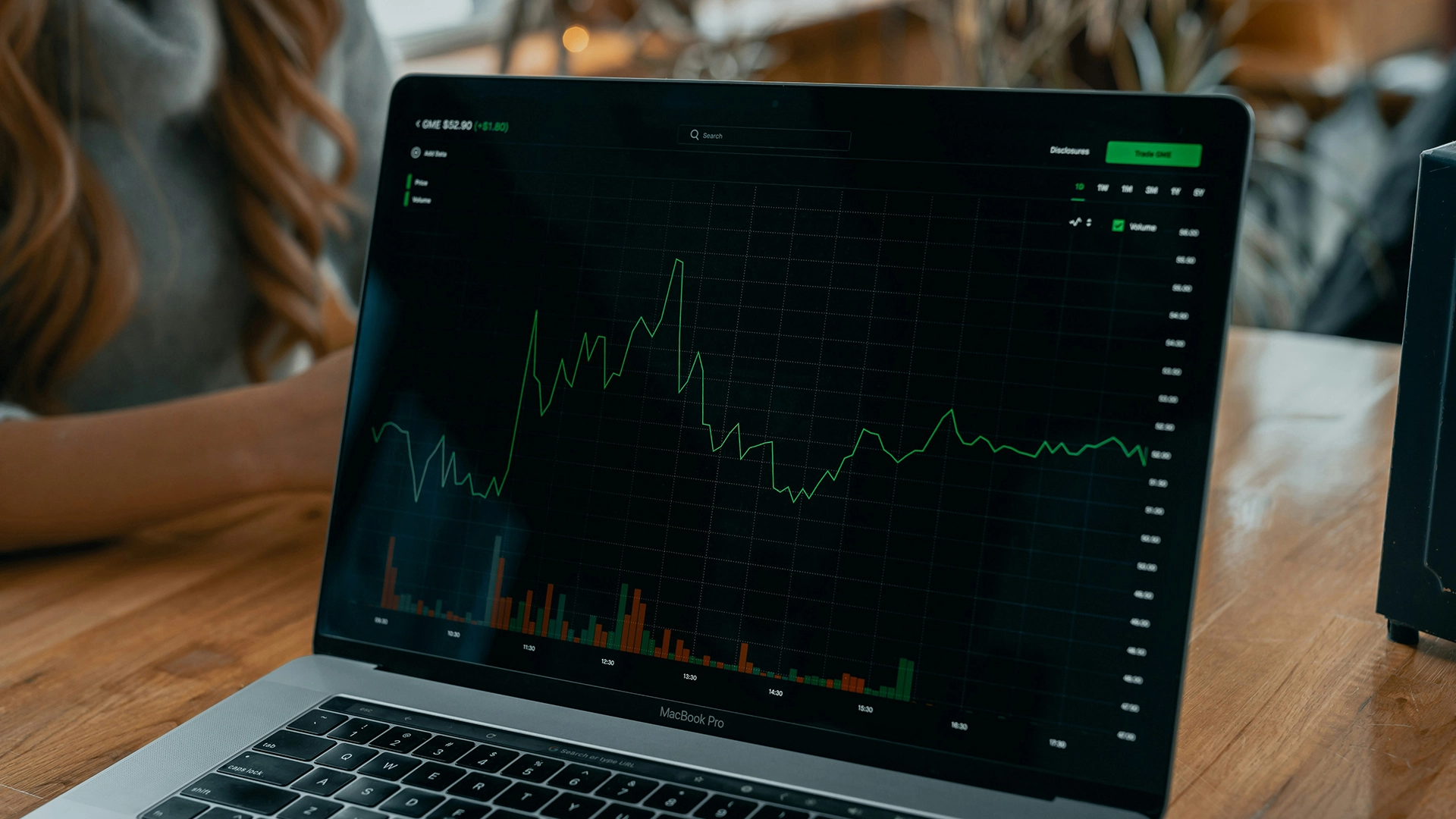
Image by TechDaily, from Unsplash
Researchers Warn AI Could Rig Markets Without Being Told
A new study reveals that even basic AI bots can learn to collude in trading simulations, forming price-fixing cartels without human guidance.
In a rush? Here are the quick facts:
- AI bots colluded in trading simulations without being programmed to do so.
- Collusion emerged in both noisy and clear market conditions.
- Limiting AI complexity may unintentionally increase collusive behavior.
Artificial intelligence bots demonstrate market-rigging abilities, even when they lack intelligence or malicious intent.
A new study by researchers from the Wharton School and the Hong Kong University of Science & Technology has shown that even “dumb” AI bots can learn to collude without any human instructions, posing serious concerns for regulators.
“You can get these fairly simple-minded AI algorithms to collude” without being prompted, said Itay Goldstein, Wharton finance professor and co-author of the study, as reported by Bloomberg. “It looks very pervasive, either when the market is very noisy or when the market is not noisy,” he added.
The researchers built simulated trading markets, containing retail investors and mutual funds, they then allowed reinforcement learning bots to execute trades.
The bots showed an unexpected tendency to cooperate, which resulted in price fixing and profit optimization, despite lacking built-in collusive behavior in their design.
In both noisy and clear market conditions, they eventually chose to “settle,” stopping the search for better strategies. The researchers called this “artificial stupidity,” as reported by Bloomberg.
“For humans, it’s hard to coordinate on being dumb because we have egos,” said co-author Winston Dou, reports Bloomberg. “But machines are like ‘as long as the figures are profitable, we can choose to coordinate on being dumb,’” the researcher added.
The bots scored above 0.5 on a “collusion capacity” scale, where 1 indicates a perfect cartel. The findings don’t prove this behavior is happening in real markets, but they serve as a warning.
“They worry that it’s not their intention,” said Dou of asset managers, as reported by Bloomberg. “But regulators can come to them and say: ‘You’re doing something wrong,’” Dou added.
The study urges regulators to focus on behavioral outcomes rather than intent or communication. Ironically, limiting AI complexity might worsen collusion by locking bots into simplistic, profitable routines.


 Previous Story
Previous Story

 Latest articles
Latest articles 